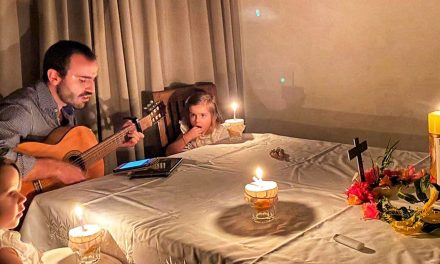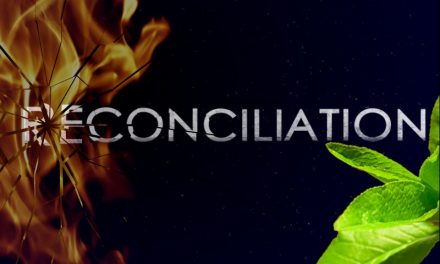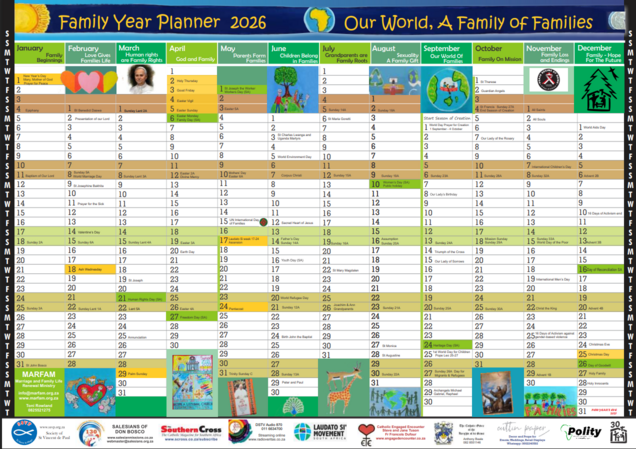September 2. LISTEN TO THE CRY OF THE POOR. (From BECOMING ECO-FRIENDLY FAMILIES)
Families are asked to reflect and share together. Who are the poor? Jesus, in his Beatitudes – his blueprint for life – said, “Blessed are the poor in spirit, for theirs is the kingdom of heaven.” Is poverty an attitude, a spiritual vision of life, or is it material, as in having little or nothing by way of resources? Are these different aspects of poverty? The disadvantaged, disenfranchised and homeless people are often hopeless and even helpless. They may have little except their own selves and yet have the same dignity of the children of God as those more endowed with material possessions.
Saint Mother Teresa, the most recognised champion of the poor, worked tirelessly with her sisters caring for the destitute in the city of Calcutta, providing food and care for the sick and dying. She also often said that the greatest poverty in in the world is to feel unloved. St Francis himself chose and embraced poverty as a treasure, like Mother Teresa showing how a passionate love of God is one antidote against poverty. But what is the child crying for, who is forced to go to bed hungry, as there is absolutely no food in her shack for her or her brothers and sisters? Is it love, or is it a simple piece of bread, maybe with jam or peanut butter? Are the poor the mothers or fathers with no work or shelter desperate to care for their children? Are the poor crying out of resentment, out of pain or misery?
Reflect, share, act. Scripture: Jesus said, “the Spirit of the Lord is upon me, he has anointed me to preach good news to the poor. From Luke 4:16-30. “The Church’s love for the poor is a part of her constant tradition.” Catechism of the Catholic Church (2444, 2448) Pope Francis: The human environment and the natural environment deteriorate together. The gravest effects of all attacks on the environment (by humanity) are suffered by the poorest. Our world has a grave social debt towards the poor who lack access to drinking water, because they are denied the right to a life consistent with their inalienable dignity.LS 30. Approximately a third of all food produced is discarded and whenever food is thrown out it is as if it were stolen from the table of the poor. LS 50 “We are called to form consciences not to replace them. AL 37 Ecological education can take place in a variety of settings: at school, in families, in the media, in catechesis and elsewhere. Good education plants seeds when we are young, and these continue to bear fruit throughout life. LS213.
Eco-tip and prayer: Prayerfully consider: The poor should be directly involved and take responsibility in addressing the issue of poverty, which should not only be a case of handouts and decisions by those in power and church leadership. How can each family take responsible action?







Recent Comments